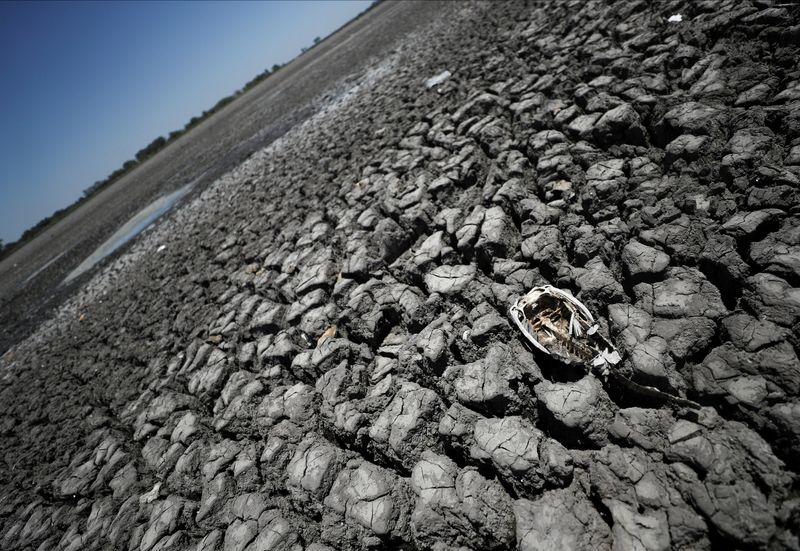Main risk is inability to cope with climate change-WEF
2023.01.11 05:02

Main risk is inability to cope with climate change-WEF
By Tiffany Smith
Budrigannews.com – A World Economic Forum (WEF) survey of global risk specialists found that climate change and environmental degradation top the list of top risks facing the planet in the next decade.
In addition, they concluded, challenges of the present day, such as the rising cost of living, persistent energy and food supply shortages, and substantial national debts, threaten to thwart the collective will and cooperation required to address such issues.
According to John Scott, Head of Sustainability Risk at Zurich Insurance Group (OTC:), “The interplay between climate change impacts, biodiversity loss, food security, and natural resource consumption is a dangerous cocktail.” which collaborated with the risk strategy firm Marsh McLennan (NYSE:) on the report.
The report, which is based on responses from 1,200 private-sector risk managers, public policymakers, academics, and industry leaders from around the world, demonstrates how, as the decade progresses, environmental-related risk will take the place of cost-of-living concerns.
lack of climate change mitigation and adaptation; natural catastrophes; loss of biodiversity; Over the course of a ten-year period, the top-10 list of the most severe global risks is dominated by the loss of natural resources and large-scale environmental damage.
After a year in which numerous commitments to act on climate change have been set aside due to the energy crunch caused by the Ukraine war, the report’s conclusions, which were prepared ahead of the annual WEF talks that are scheduled to take place next week in the Swiss resort of Davos, come as a result.
Even though extreme weather events and other environmental pressures are increasing, that reduction occurs. NYSE: Moody’s Tuesday, Investors Service estimated that insured losses from natural disasters have increased to approximately $100 billion annually over the past five years.
A “polycrisis,” as defined by the WEF report, is a group of related risks that interact to produce unpredictable outcomes and have compounding effects. One such group of related risks could be created by big-power resource competition, it said.
The impact of involuntary migrations, social breakdown, cybercrime, and economic hostilities between major trading blocs, which it deemed more likely than outright military conflict, were among the other developments in the top 10.
Businesses are already being forced to shift from a decades-long focus on cost reduction to investing in resilience against such shocks, despite the fact that the scale of these threats and their impact on billions of people worldwide remain unknowable.
Carolina Klint, Marsh’s Risk Management Leader for Continental Europe, stated, “There is a realization that if you don’t accept these upfront costs, you are not going to remain in business.”
These kinds of investments could be making a stockpile of the materials that are necessary for production, making corporate acquisitions of important suppliers, taking steps to ensure that there are a variety of voices involved in the creation of risk strategies, or simply taking measures to protect against crime.
According to Klint’s statement, “companies that are not investing in cyber controls and cyber mitigation end up putting themselves in a situation where they are not insurable.”
More Production continues to slow in Spain








